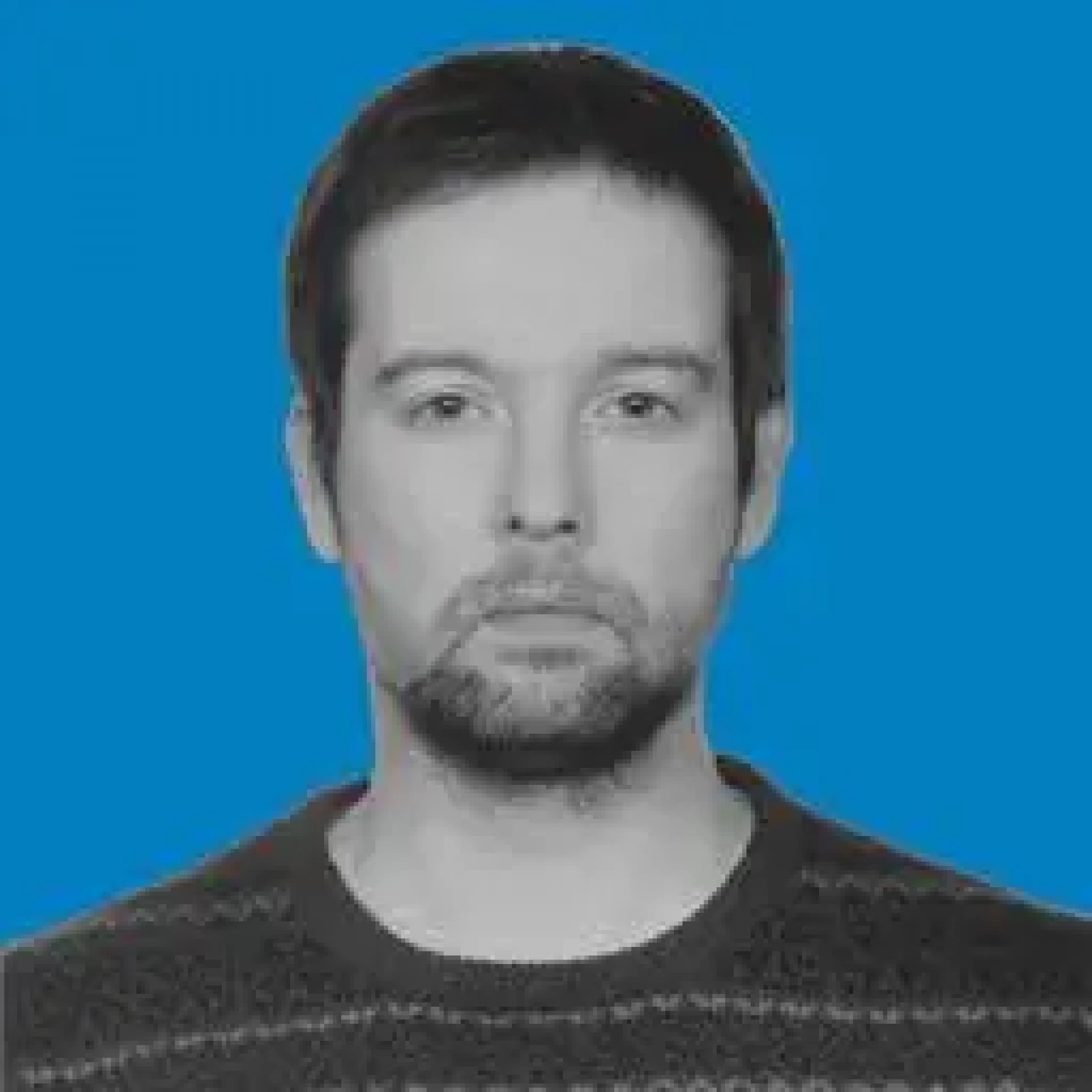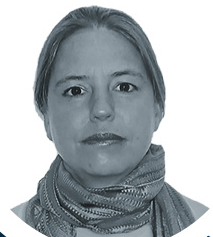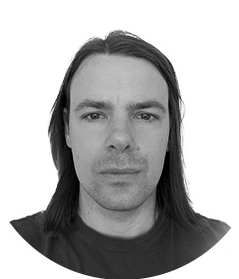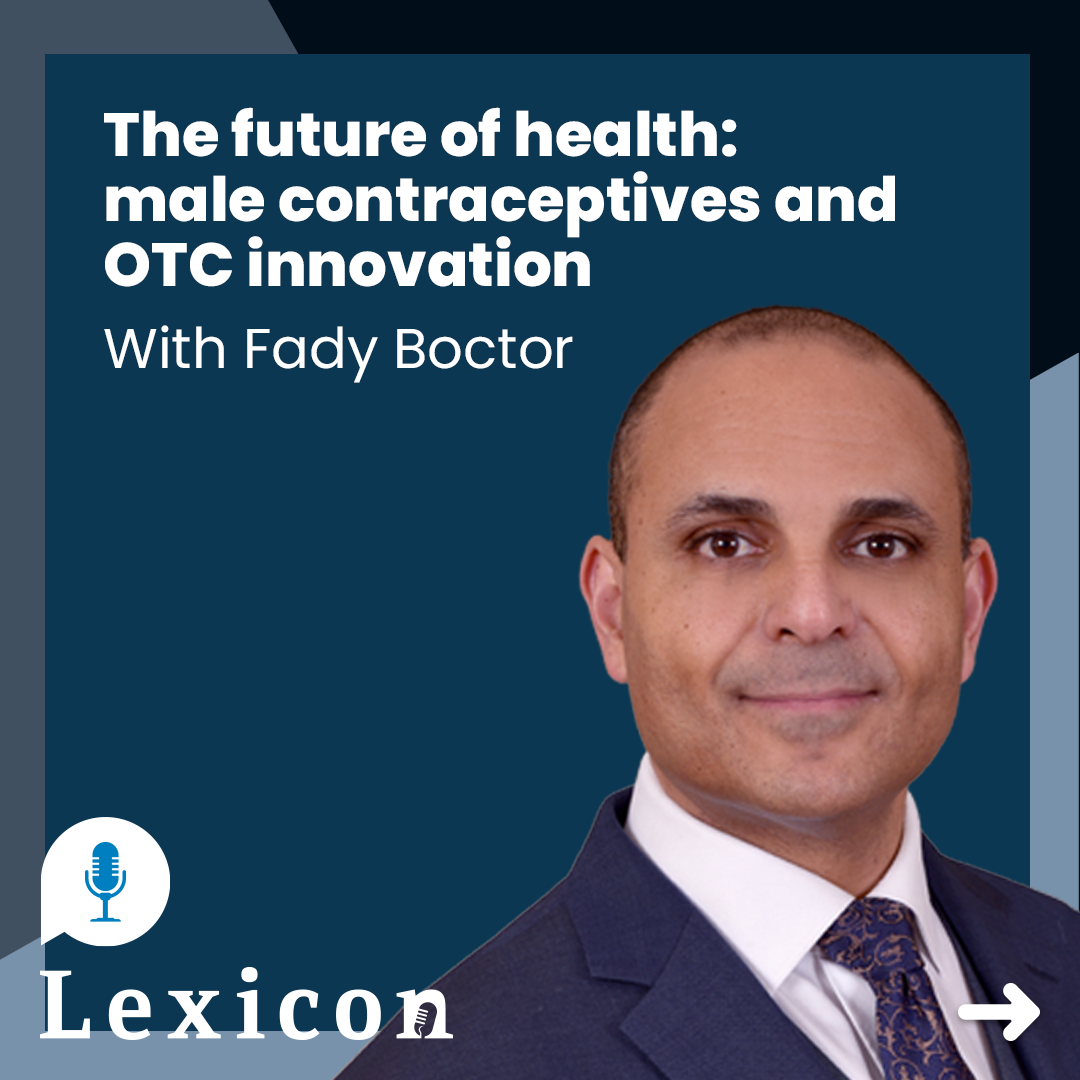Trapping the unseen: a new method to discover dark matter
In this episode, we sit with Dr. Lucia Hackermueller and postdoctoral researcher Nathan Cooper from Nottingham University.
We explore how Dr. Hackermueller, Nathan, and their team are working on an innovative way to trap and detect dark matter once and for all.

Christopher McFadden
Contributing writerChristopher is a contributing writer for Interesting Engineering.

Dr. Lucia Hackermueller
Associate Professor, Nottingham University School of Physics and AstronomyLucia Hackermueller is at the forefront of revolutionary research in quantum physics. Renowned for her groundbreaking work with ultracold Bose-Fermi mixtures and large molecule interference, she has pushed the boundaries of our understanding of quantum gases and condensed matter systems.
Lucia’s impressive achievements include the first demonstration of a fermionic Mott-insulator in an optical lattice, pioneering collapse and revival experiments with bosons, and holding the mass record for interfering particles with biological particles and fluorinated fullerenes.
Appointed as an Assistant Professor at the University of Nottingham in 2009, Lucia has since built a trailblazing research group.
Her team uses integrated waveguide chips to explore Bose-Fermi mixtures with lithium and cesium, leveraging quantum gases as innovative quantum sensors. Lucia Hackermueller’s work is paving the way for the next quantum science and technology era.

Dr. Nathan Cooper
Postdoctoral researcher, Nottingham University School of Physics and AstronomyDr Nathan Cooper has been a postdoctoral researcher in experimental cold atom physics at the University of Nottingham since 2015.
Prior to that, he completed his PhD and worked briefly as a postdoctoral researcher at the University of Southampton.
He has been heavily involved in the development of additively manufactured versions of ultra-high vacuum components, something that will be an essential part of this work.
 Transcript
Transcript












